
Warning: 5 Dangerous Mistakes When Using an Electric Kettle
Warning: 5 Dangerous Mistakes When Using an Electric Kettle — #4 Is Shockingly Common, Doctors Urge Immediate Change
Are you sure you're using your kettle the right way?
From making noodles and tea to boiling water for baths or cooking porridge — an electric kettle is a time-saving kitchen essential. But did you know there are 5 common mistakes most people make when using one? These errors don’t just damage the appliance but also pose serious fire hazards and health risks.
1. Filling the Kettle Carelessly
If you look closely inside the kettle, you'll find a "min" and "max" line. These markings indicate the safe water level for boiling.
-
Below the minimum? The heating plate may overheat due to lack of water and burn out.
-
Above the maximum? Boiling water can overflow, causing burns and potentially short-circuiting the base if water seeps into the electrical components.
Tip: Always fill water between the designated lines to prolong the kettle's life and ensure safety.
2. Turning It On Before Adding Water
Some people plug the kettle in before filling it with water — a dangerous habit. Electric kettles typically run on 1000W–2000W, meaning the heating element gets hot almost instantly. Without water, it can overheat within seconds, leading to internal damage or fire hazards.![]()
Tip: Always fill with water first, then plug in. Never compromise safety to save a few seconds.
3. Ignoring the Kettle Base
People often clean the exterior and interior of the kettle but forget the base, which houses key electrical components. If water spills and isn’t wiped dry, it can cause:
-
Dampness
-
Dust buildup
-
Rust or corrosion
These issues lead to poor power connection or short-circuiting.
Tip: Wipe the base regularly with a soft, dry cloth and keep it clean and dry.
4. Failing to Descale the Kettle
After frequent use, a white or yellowish residue builds up at the bottom — that’s mineral scale from tap water (mainly calcium and magnesium). Over time, it can:
-
Slow down boiling
-
Make water smell or taste strange
-
Leach impurities into your water
How to descale:
Mix a bowl of water with 2–3 tablespoons of white vinegar or a few slices of lemon, pour into the kettle, boil, then leave for 30 minutes. Rinse with clean water — the residue should come off easily.
Tip: Clean once or twice a month, especially if you use hard water.
5. Buying Cheap Kettles Without Checking the Material
Many people choose kettles based solely on price, ignoring the inner lining material. Most electric kettles are made of stainless steel, but not all types are safe.
-
Low-quality steel may release harmful substances when boiling at high temperatures.
Tip: Look for 304 or 316 stainless steel, commonly used in food-grade applications. These types resist heat and corrosion without leaching toxins.
Avoid unbranded or overly cheap models — a trusted brand with labeled material is worth the extra cost for safety and durability.
Bottom Line:
Using your electric kettle properly isn't just about convenience — it’s about safety and long-term health. Avoid these 5 common mistakes to protect your appliance, your household, and your well-being.
News in the same category

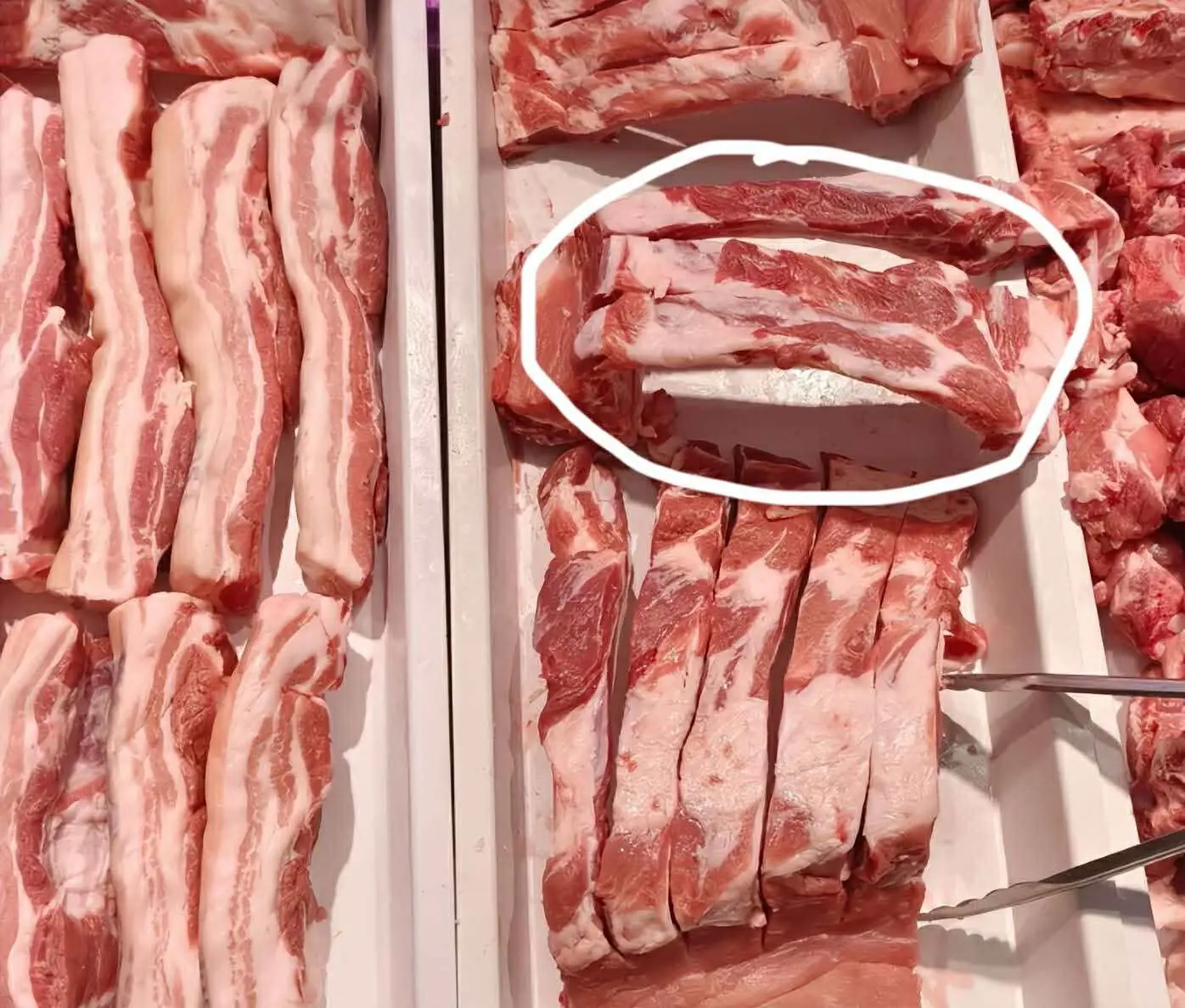
Don’t Buy These “4 Types” of Pork Ribs No Matter How Cheap They Are

3 Lucky Plants That Bring Prosperity and Wealth
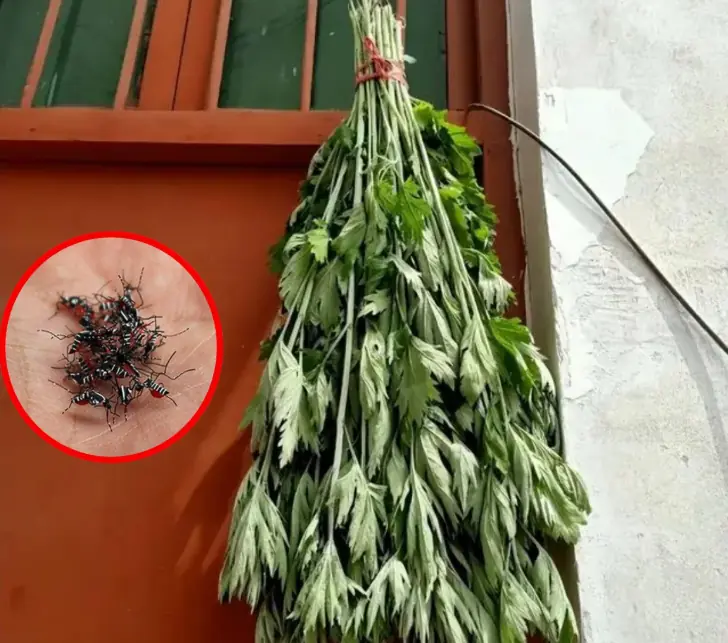
Just hang a handful of these leaves in front of your door - flies and mosquitoes will disappear

8 types of plants that attract snakes into the house
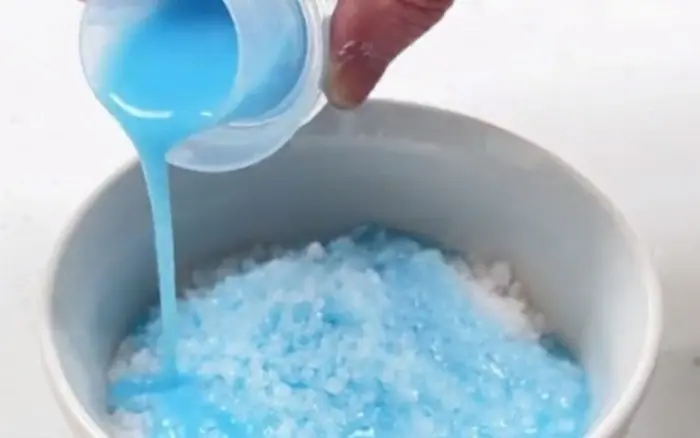
Mixing fabric softener with salt: Great use to solve household problems
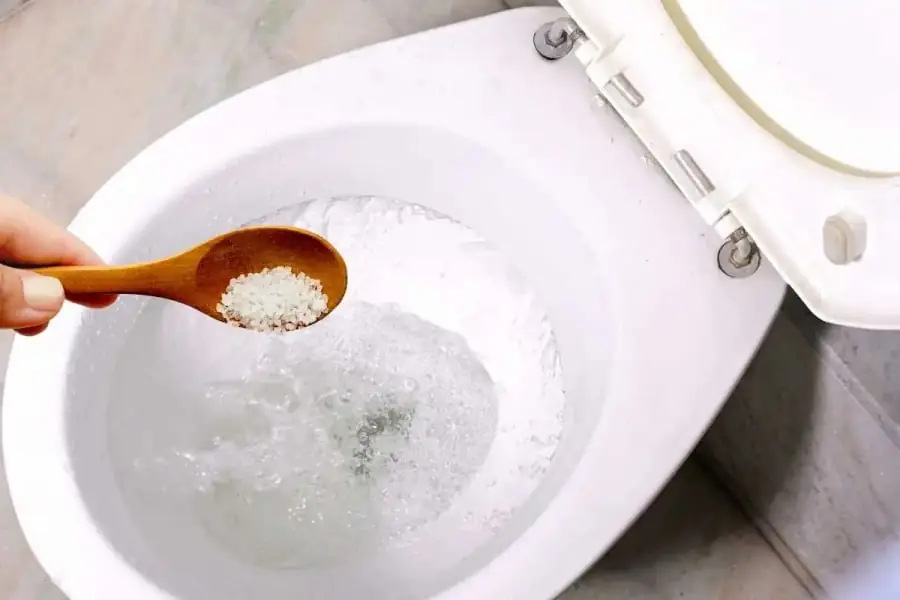
Pour Salt into the Toilet: The Surprising Benefits Every Home Needs

Do This Extra Step Before Boiling Chicken Breast for Juicy, Tender, and Not-Dry Results

In Autumn, Eat These 3 Lu.ng-Nourishing Dishes Regularly to Prevent Cough and Thr.oat Irritation

Reasons you should not ki.ll millipedes

When A Brown Bug Like This Appears In Your Yard, Immediate Action Is Required
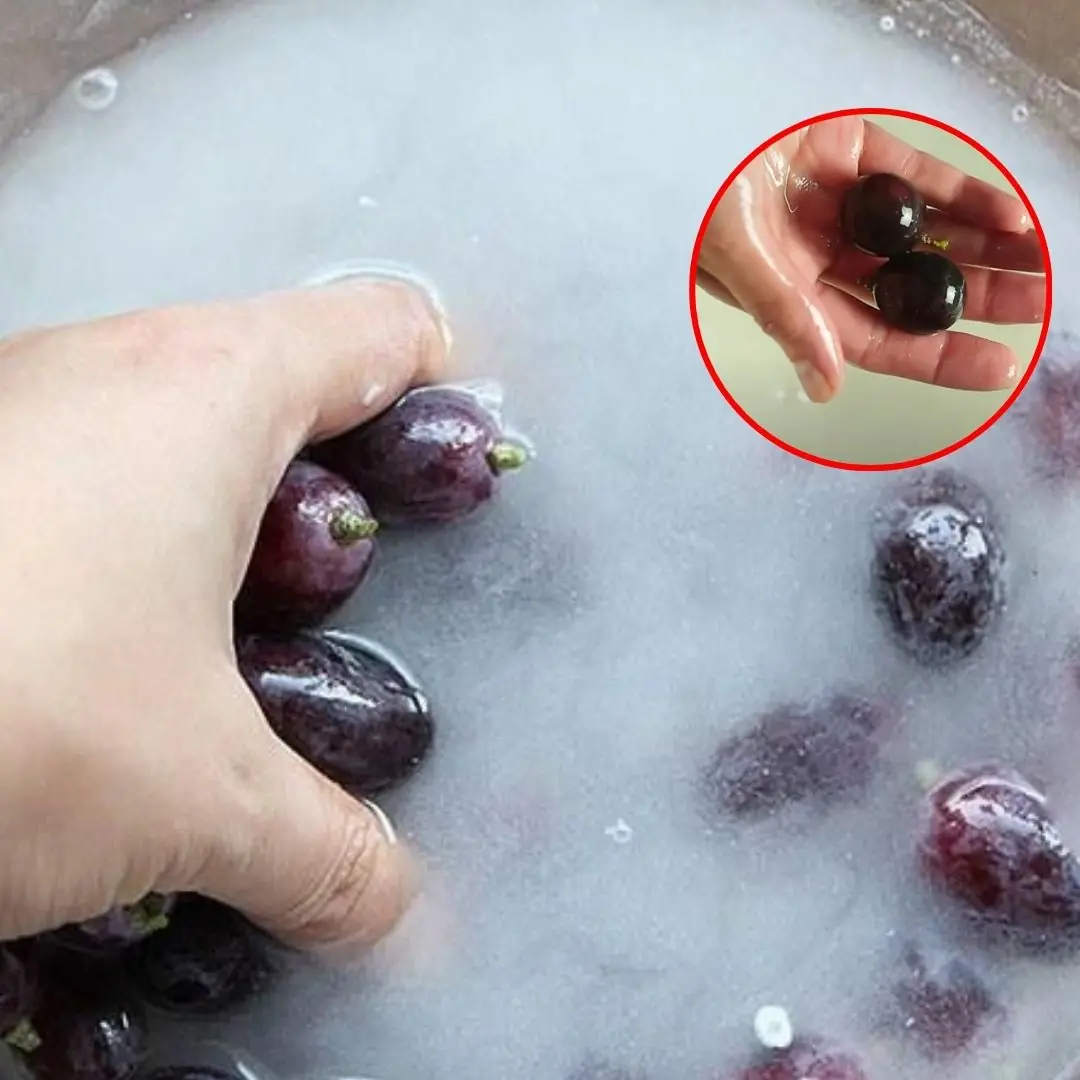
Tips for washing grapes to remove dirt and worm eggs, and to safely eat the skin
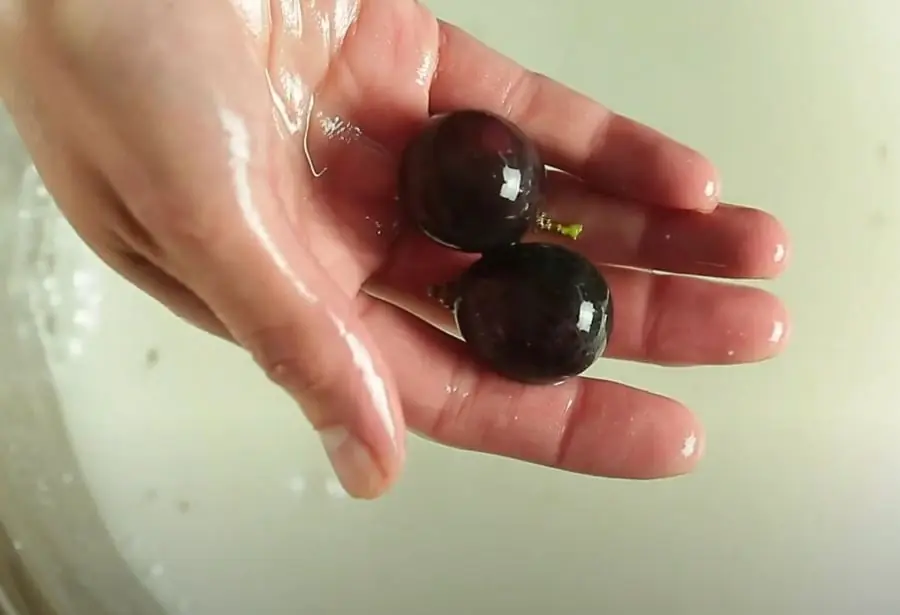
Don’t Eat Grapes Before You Know This Trick
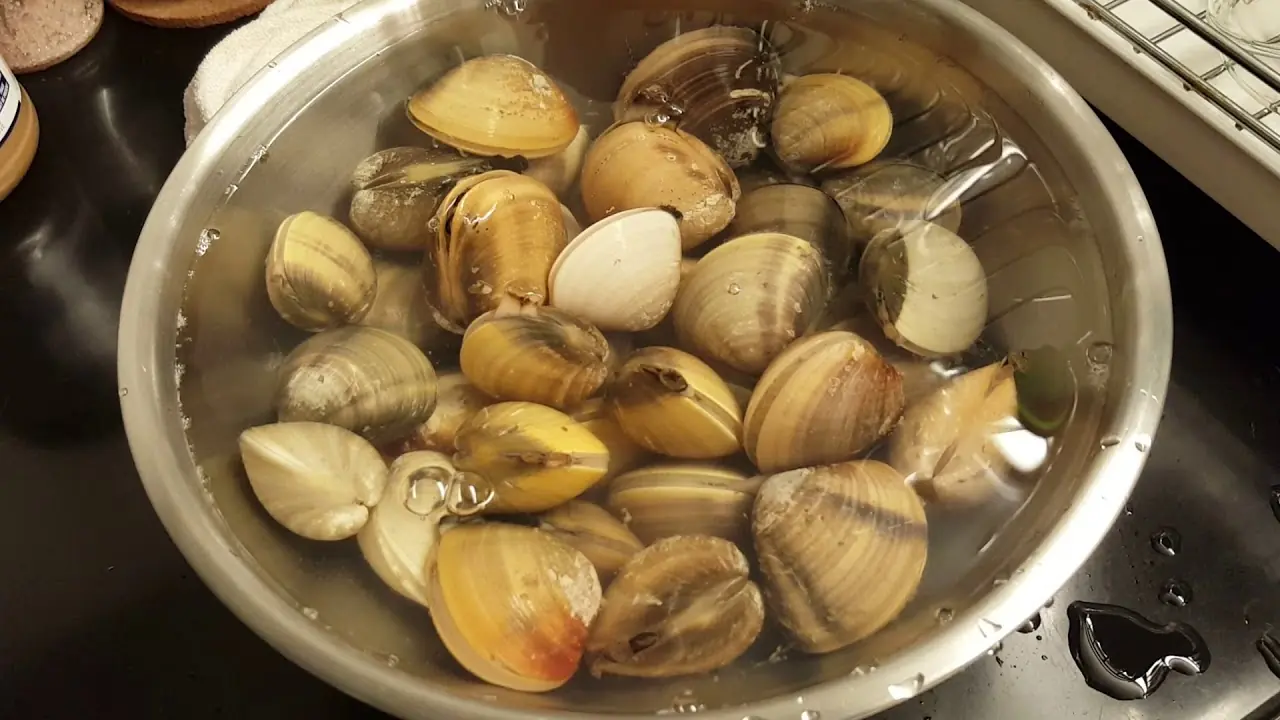
No Matter How You Wash Clams, There’s Still Grit Inside?

The Secret to Keeping Potatoes Fresh for 6 Months Thanks to a Surprising “Friend” in the Kitchen

Unusual moles might be more than just a skin quirk — they could be warning signs of cancer

Using the Air Conditioner and Fan at the Same Time? I Expected Higher Costs, but the Truth Surprised Me

Don’t Panic! Follow These Steps If a Bat Gets Into Your House
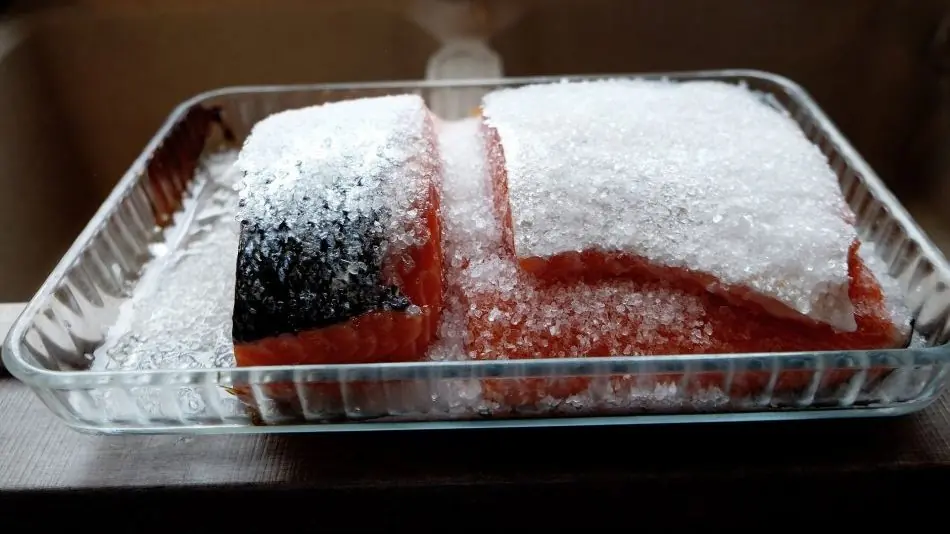
4 Dangerous Mistakes When Thawing Fish

10 tips to keep thieves away from your home
News Post

Your Feet Could Be Revealing Serious Health Issues — Watch Out for These 6 Signs

When Buying Oysters, Never Choose These 3 Types

Don’t Buy These “4 Types” of Pork Ribs No Matter How Cheap They Are
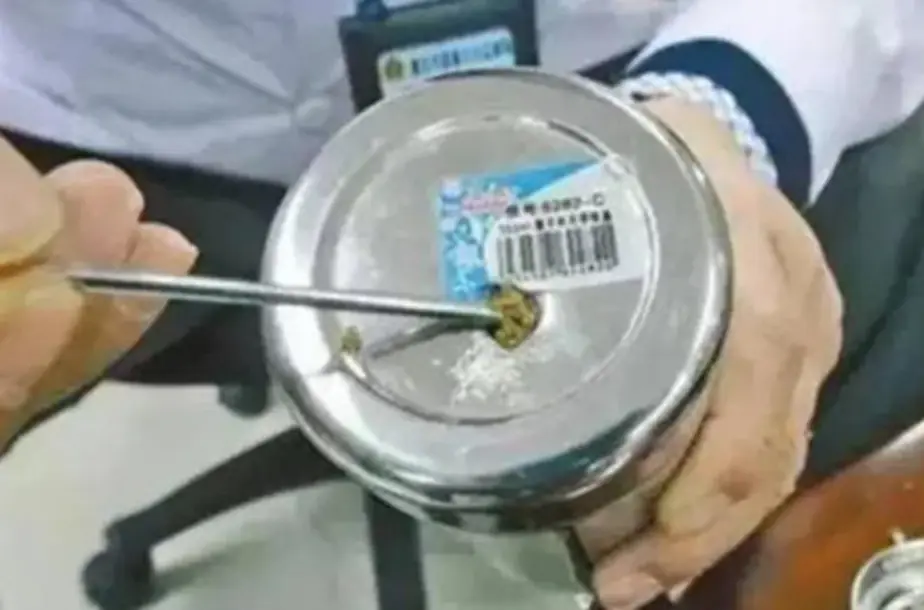
4 Best-Selling Items on E-Commerce Platforms Exposed to Contain Carcinogens

Just After Changing into My Wedding Dress, My Mother-in-Law Slipped Me a Bankbook and a Haunting Message
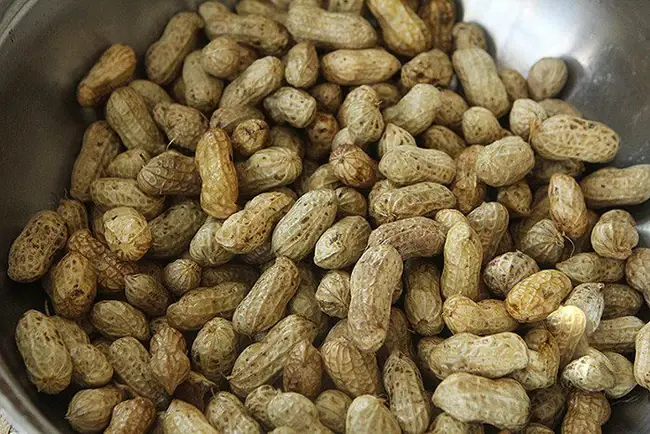
4 Surprising Changes Your Body Will Experience in Just Half a Year

Not milk or dried shrimp – this is the real “Calcium King” that many people overlook
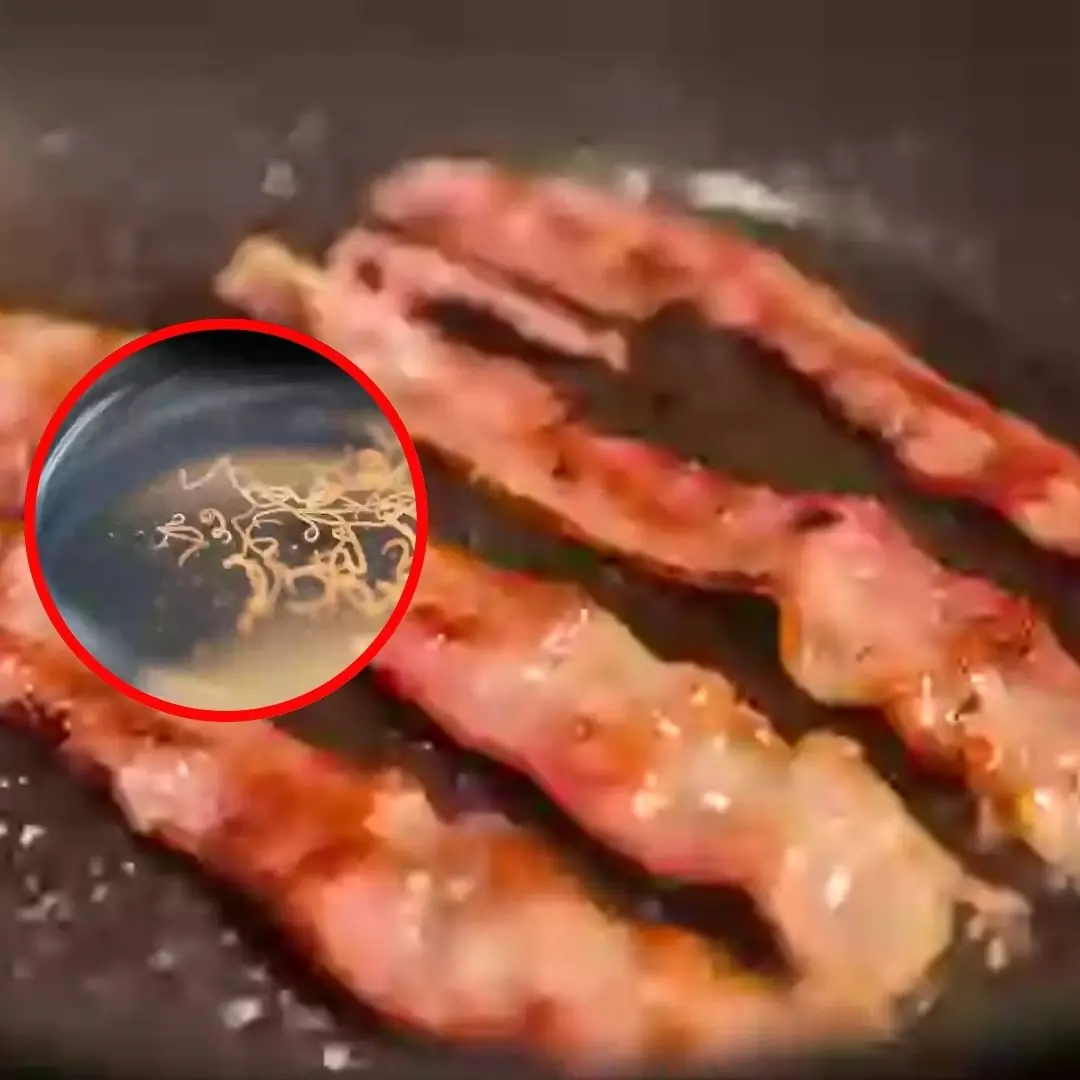
Man develops 'pork worms' in his br.ai.n after years doing this specific cooking habit

Diabetes can 'show' strange signs in the neck: If you see them, don't ignore them

3 Drinks Called the “Calcium Drainers” But Many People Still Love

4 Surprisingly “Clean” Vegetables with Minimal Pesticides

3 Lucky Plants That Bring Prosperity and Wealth

6 Golden Habits to Help Seniors Reduce the Risk of Cerebral Infarction
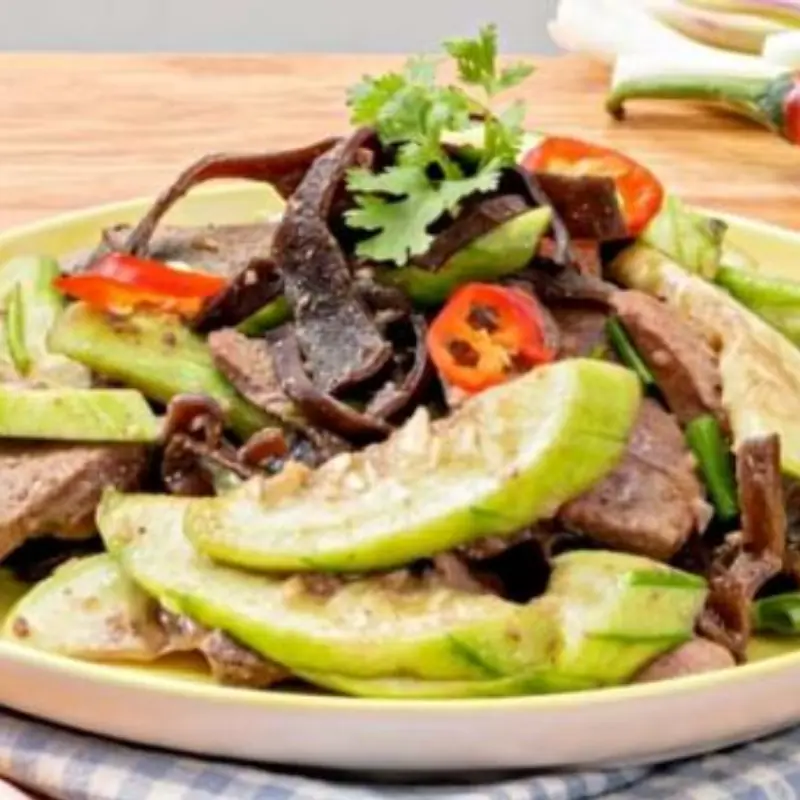
One Part of Chicken Contains Four Times More Cholesterol Than Pork Fat

Sweet Potatoes Are Not Good for These 3 Groups of People

Just hang a handful of these leaves in front of your door - flies and mosquitoes will disappear

Want the Health Perks of Coffee? Here’s the Best Time to Drink It

Taylor Swift and Travis Kelce announce engagemen
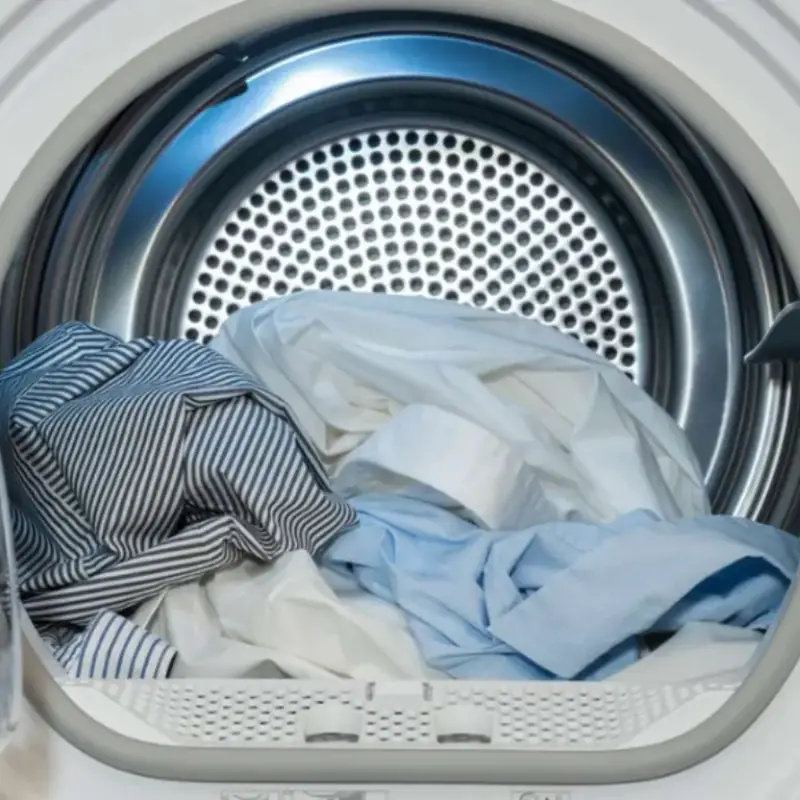
Washing Machines Have a Special Mode That Dries Clothes Faster
